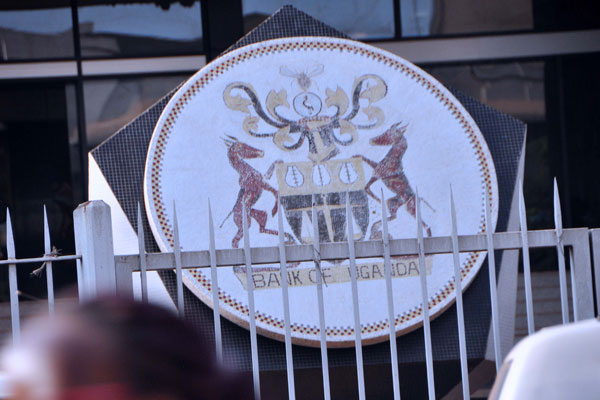
Because recovery is going to be slow, IMF says, the Central Bank must maintain measures that seek to shield the economy until a time when there is stability. Photo | File
Bank of Uganda will need to maintain an accommodative monetary to help the economy recover from headwinds resulting from Covid-19, according to the International Monetary Fund (IMF).
Speaking on the side line of the Spring Meetings of the World Bank and the IMF, Dr Tobias Adrian, the IMF financial counsellor and director monetary and capital markets department, said recovery from Covid-19 disruptions is going to be slower, which could put financial stability at risk.
Therefore, he said, there was need for the Central Bank and government to continue with accommodative money policies as a way of shaking off shocks.
“Every country has been hit by Covid-19. Of course, economic headwinds from the global economy have hit Sub Saharan Africa hard, and countries have been depressed, even when the medical conditions might have been less severe than elsewhere,” he said, noting, monetary policies will need to remain accommodative as well as encouraging policy to act swiftly to prevent financial vulnerabilities from becoming entrenched and turning into legacy problems.
The Central Bank has since last year
maintained a low Central Bank Rate as way of supporting economic
recovery and keeping down interest rates.
It has also put in
place a number of measures that seek to cushion banks and customers from
the stress of slowed economic growth that had threatened to force an
increase in non-performing loans.
The Central Bank also recently
extended the loan restructuring window, allowing commercial banks to
renegotiate payment terms for loans of distressed customers and
businesses.
Mr Chris Pagerorgius, IMF strategy, policy and
review department deputy low income unite chief, said Uganda still has a
positive policy rates, which allows a lot of accommodation for the
economy to build some good recovery.
“The monetary policy stance has been accommodative and it is expected to remain so for the foreseeable future in order to accommodate more policy support,” he said, noting whereas a capital markets had been presented with a lot of challenges, there has been recovery even as they remain below Covid-19 levels.
In the Global Financial Stability Report for 2021, IMF said ongoing policy support remains essential until a sustainable and inclusive recovery takes hold to maintain the flow of credit to the economy and prevent Covid-19 posing a threat to the global financial system.
Liquidity support
While
releasing the Febraury 2021 monetary policy report, Bank of Uganda said
that given the uncertainty surrounding the inflation outlook and taking
into consideration the weak state of the economy, the Monetary Policy
Committee had decided to keep the Central Bank Rate unchanged at 7 per
cent to maintain liquidity support to supervised financial institutions.
moketch@ug.nationmedia.com




No comments :
Post a Comment